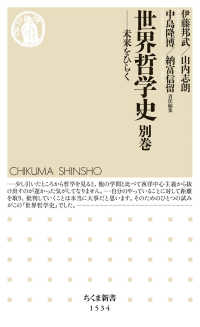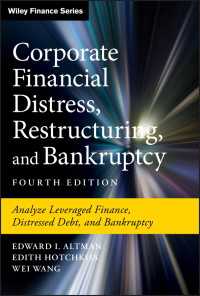Description
In a departure from standard approaches to the concept of liberty, in this book John Christman locates and defends the concept of freedom as a fundamental social value that arose out of fights against slavery and oppression. Seen in this light, liberty must be understood as requiring more than mere non-interference or non-domination – it requires the capacity for self-government and the capabilities needed to pursue valued activities, practices, and ways of life. Christman analyses the emergence of freedom as a concept through nineteenth- and twentieth-century struggles against slavery and other oppressive social forms, and argues that a specifically positive conception best reflects its origins and is philosophically defensible in its own right. What results is a model of freedom that captures its fundamental value both as central to the theoretical architecture of constitutional democracies and as an aspiration for those striving for liberation.
Table of Contents
Introduction; Part I. Methodology and a Shift in Perspective: 1. Theorizing freedom in the non-ideal World; 2. Lessons from slavery; Part II. Reconstructing the Concept of Freedom: 3. From History to Philosophy; 4. Freedom and social practices; 5. Freedom and capabilities; 6. Self-Government; 7. Social recognition; Part III. Conclusions and Applications: 8. Freedom, value, justice; Conclusion: liberty, democracy, and the persistence of unfreedom; Bibliography; Index.







